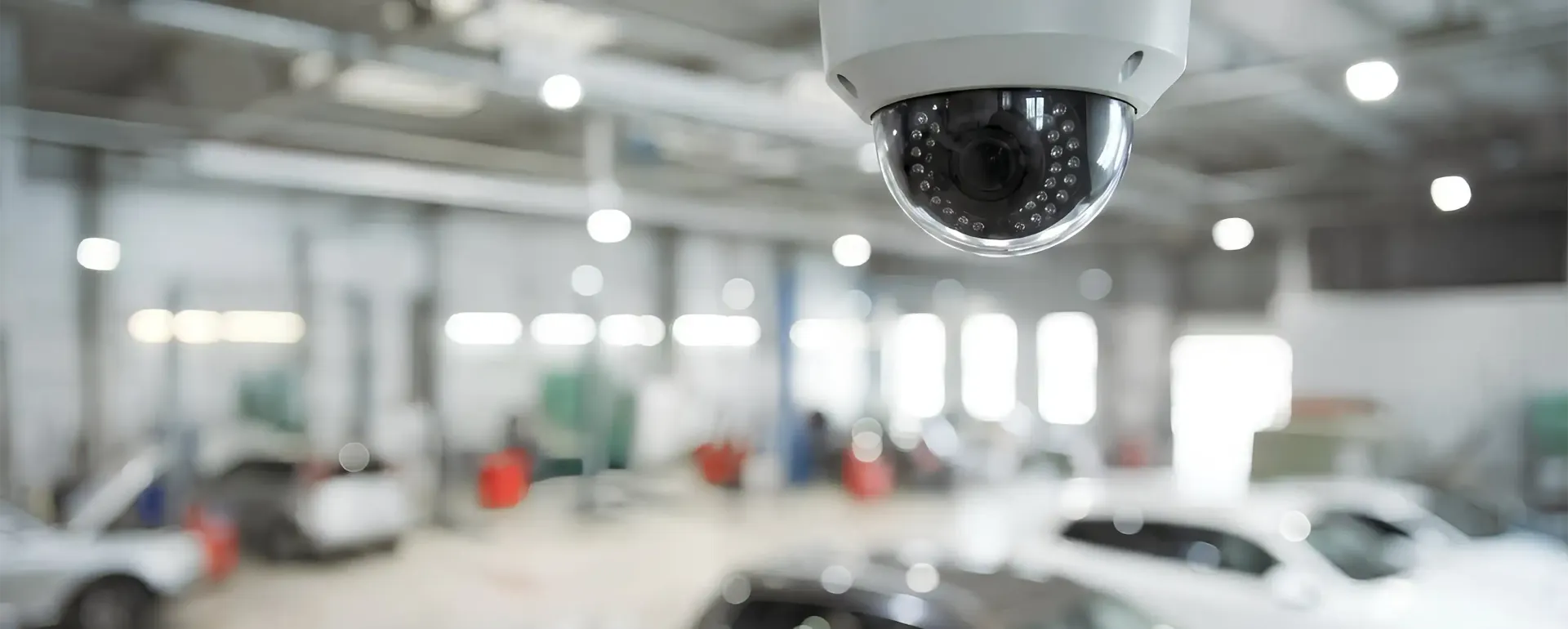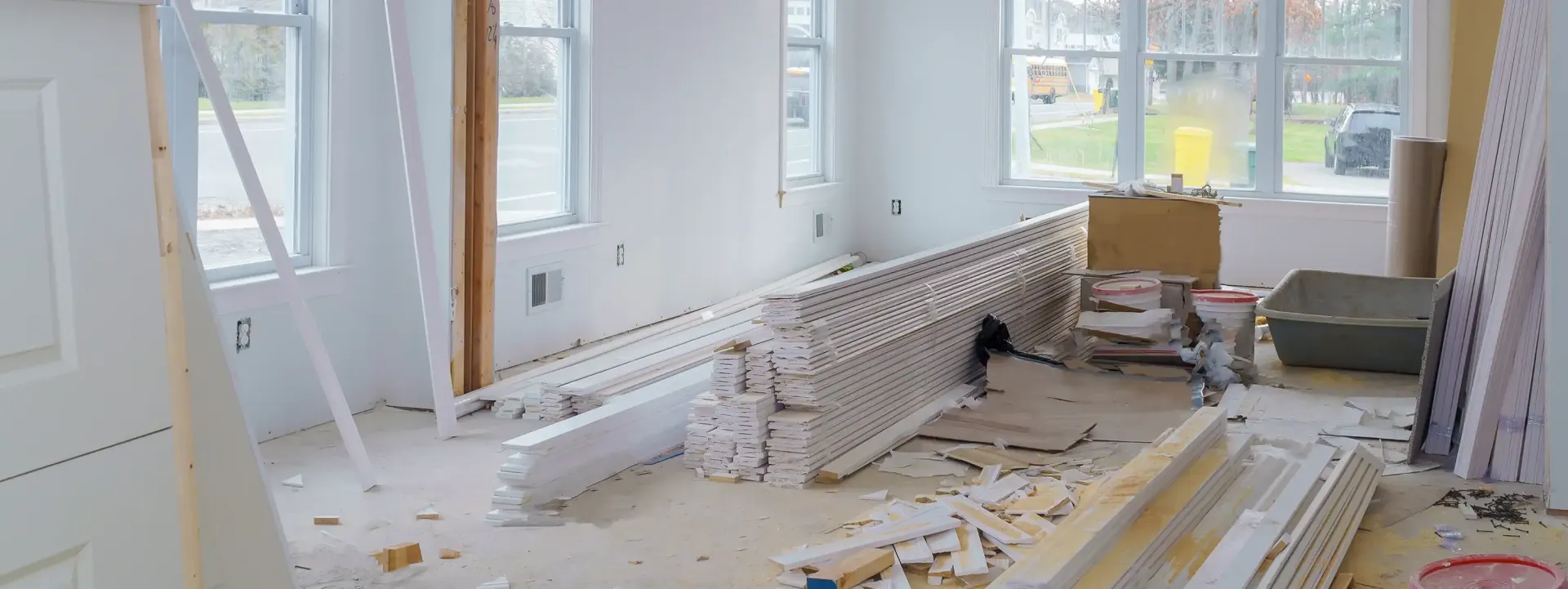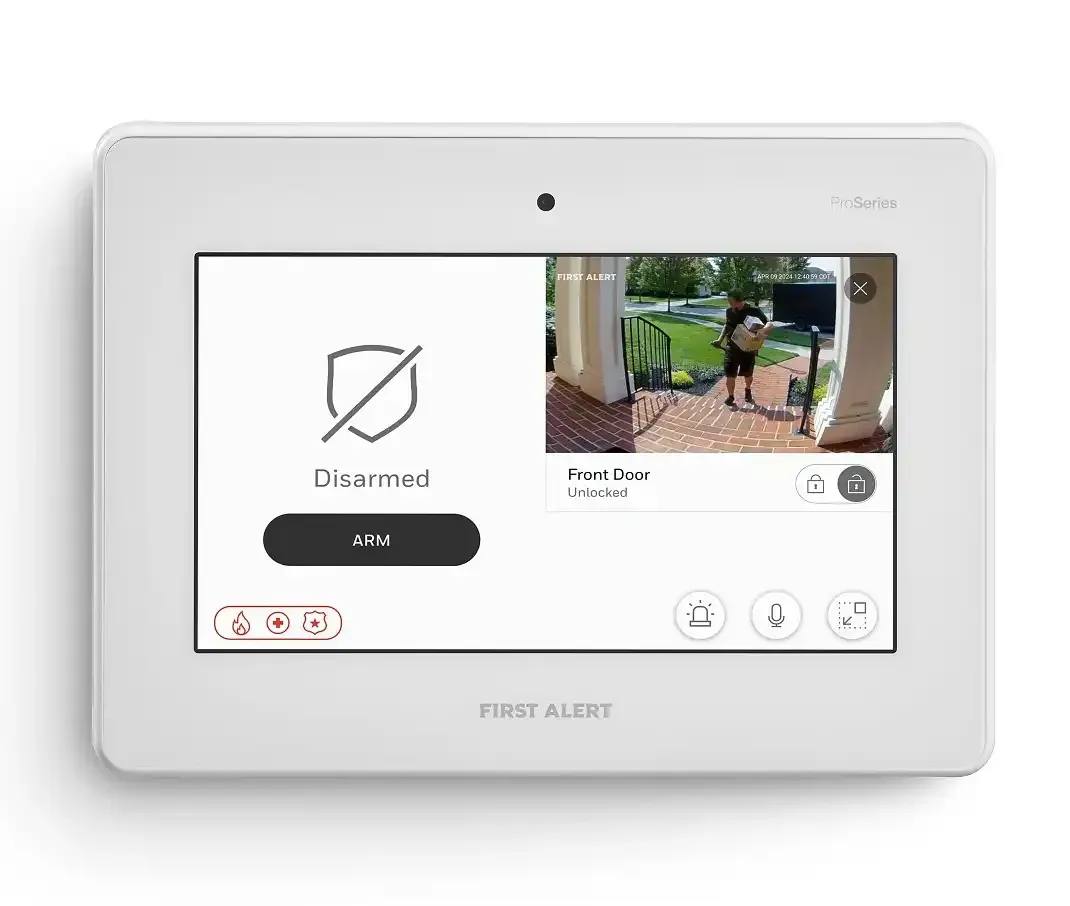How to Prevent Grease Fires
Grease Fires Happen, Unfortunately…
Having recently moving into an apartment with my girlfriend, I figured it was appropriate to do a little research on how to handle a kitchen or grease fire.
Being Italian, I love to eat! I also enjoy cooking. However, even the best of chefs make mistakes and these mistakes can sometime have extreme consequences. How does a grease fire happen and how do you contain the fire? Do you quickly move it off the stove and into the sink? Do you throw water over the stove? Continue reading below to find out the correct way to prevent or maintain a grease fire .
A grease fire occurs when the oil in your pan becomes too hot. Now, of course you can attempt a full proof plan and just eliminate all grease from your cooking. However, since most good foods have grease (think BACON), this is out of the question. With that said the best defense is a good offense—to prevent a grease fire , stay in the kitchen while cooking and monitor what you are doing. If you begin to see smoke or smell something unusual, immediately lower the heat and place the pan on a cooler surface.
However, mistakes do happen and we must be prepared! When cooking, be sure keep a metal lid nearby. In addition, every kitchen should be equipped with an ABC fire extinguisher. If your grease does catch fire, the following recommendations may keep the damage to a minimum.
DO
1. Turn the heat off. When there are flames, people panic. With that said, leave the pot where it is—we cannot afford to spill burning oil as this would only cause the fire to spread more rapidly.
2. Cover the pot with the metal lid. This is fire 101. Take away oxygen and the fire cannot breath! Please note metal is necessary as glass cannot withstand the heat and pressure.
3. Ever see the scene in Gone in Sixty Seconds where Nicholas Cage uses baking powder to put out a grease fire—it works! This is not full proof as it only works for small fires.
4. Pick up your Class ABC Dry Chemical Fire Extinguisher and spray the base of the fire. This is a last resort as fire extinguishers have contaminants. Nevertheless, a contaminated kitchen is better than no kitchen!
5. Get to safety and call the Fire Department. Leave it to the professionals—kitchens can be replaced, you can’t.
DO NOT
1. Use water—this may cause the oil to spread!
2. Do not move the pot or pan. We do not want to risk spilling burning oil (see points 1 and 2 above.)
3. Do not use any other baking product to smother the fire (only baking powder).
Please remember these lessons the next time you are cooking your bacon and eggs. Taking very simple steps, such as not leaving the kitchen while cooking, can prevent fires. Keep this in mind, as a little extra effort may prevent a tragedy.
As always, if you ever have any questions regarding to life safety or home security in general, please contact a specialist at American Total Protection.
ATP Alarms would like to thank The Kitchn for the lesson!
The post How to Prevent Grease Fires appeared first on ATP Alarms.












